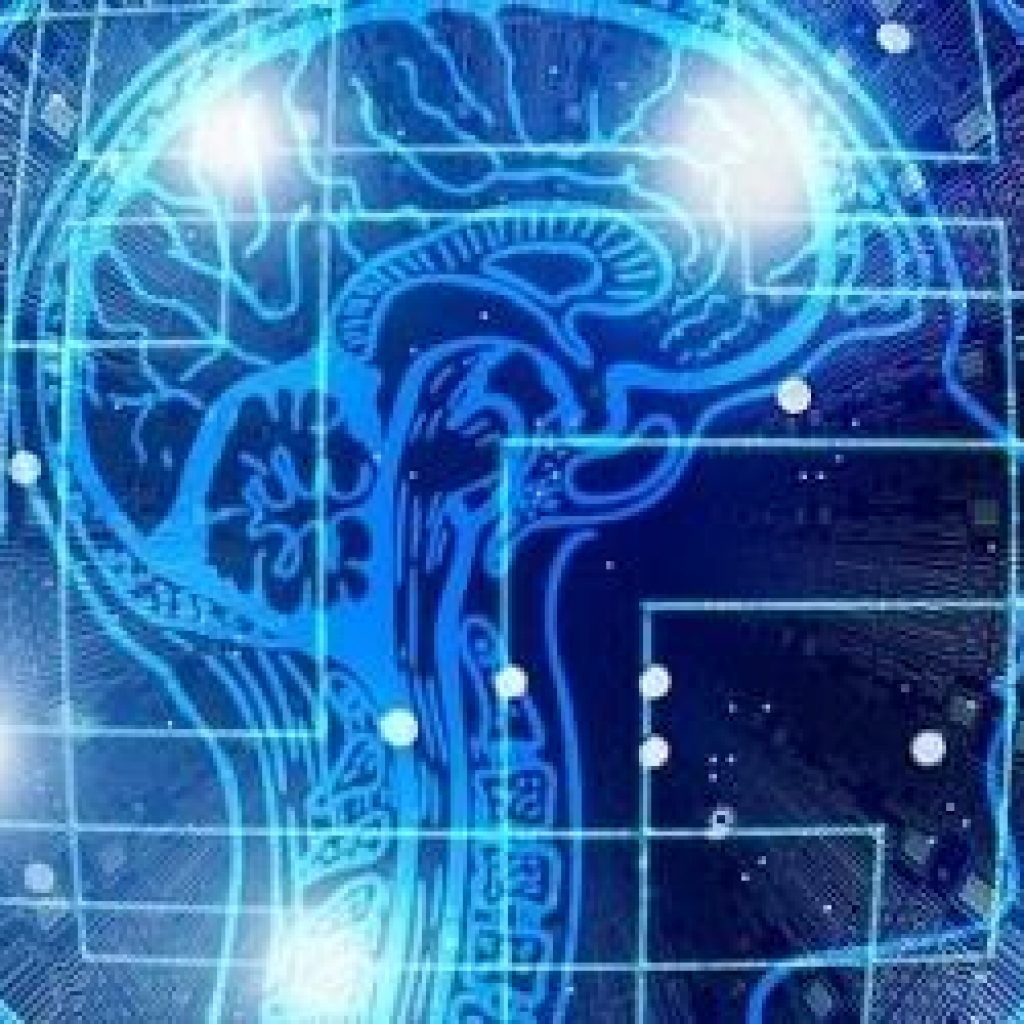(DataNami) Thanks to its capability to hold many different possible outcomes in the “quantum state,” quantum computing could potentially deliver a big computational upgrade for machine learning and AI problems. However, there are still a lot of unanswered questions around quantum computing, and it’s unclear if the devices will help with the building wave of investment in enterprise AI.
Quantum computing opens the door potentially solving very large and complex computational problems that are basically impossible to solve on traditional computers. This includes things like using brute-force methods to guess the passcode used to encrypt a piece of data using a 256-bit algorithm. Data encrypted with AES-256 is considered secure precisely because it can’t be cracked with a brute-force attack (it’s possible, but it would take many thousands of years with current technology, which makes it practically impossible). But with quantum computers’ ability to compute with multiple possible states, solving such problems will now be within practical reach.
The latest incarnation of machine learning, deep learning, is pushing the limits of what traditional computers can handle. Large transformer models, such as OpenAI’s GPT-3, which has 175 billion parameters, take months to train on classical computers. As future models grow into the trillions of parameters, they will take even longer to train. Quantum computers offer the possibility of a quantum leap in performance and capability for a range of use cases, and AI is definitely one of them.
One of the early quantum computer manufacturers that’s making moves in this area is Google. In March 2020, Google launched TensorFlow Quantum, a which brings the TensorFlow machine learning development library to the world of quantum computers. With TensorFlow Quantum, developers will be able to develop quantum neural network models that run on quantum computers.
While running AI applications on quantum computers is still in its very earliest stages, there are many organizations working to develop it. NASA has been working with Google for some time, and there is also work going on in the national labs.
Is Quantum Computing the Future of AI?
